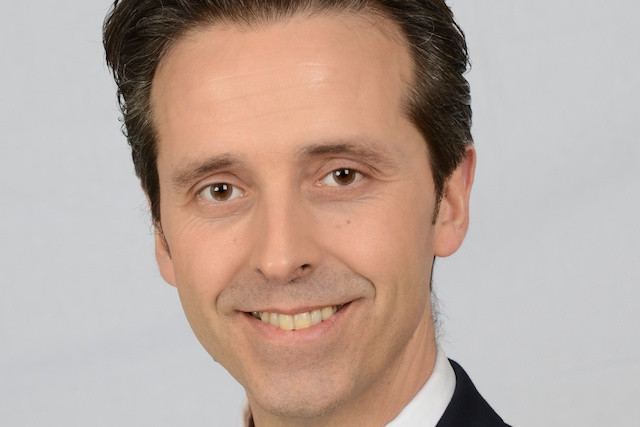Last year’s “EY Growth Barometer” report concluded that “family businesses have a greater focus on talent as a growth enabler than their peers,” noted Even. “Almost half (49%) in 2018 plan to hire full-time staff, compared to 38% of non-family businesses. We see family businesses in Luxembourg seeking to lock in scarce talent, building on established skills in motivating staff over the long term, while determinedly looking to attract young digital talent into their organisations.”
“Diversity has shot up the family-owned company’s recruitment agenda: 40% cited it as their biggest priority in 2018, against 37% in 2017,” Even said. “Given the many studies proving diversity as a key contributor to team efficiency, success and decision-making, it is good to see family business leaders embrace the proven gains of more diverse teams.”
Nearly one in ten family-run outfits are led by a woman, compared to 3% for other Luxembourg companies, “and 24% of executive leadership is female,” Even observed. “Leaders of family business in Luxembourg acknowledge they have more to do, though, and still put diversity at the top of the recruitment agenda.” Family firms can “attract scarce talent” and develop staff loyalty as, he reckoned, “people like being employed by family businesses because they can feel part of a vision, part of something that has a specific character, where the owners of the business are working alongside them.”
Faster movers
“We find that family-run companies are growing faster,” reported Christophe Gence, an associate director in the same EY practice. About a third of family firms aim for double-digit growth, compared to a quarter of non-family businesses.
Gence stated: “We see two factors at work. SMEs are grasping the upside of disruption, expanding beyond their borders and creating new business opportunities. But we also see family businesses using the advantages of greater agility and streamlined decision-making to move faster than their non-family business peers.”
To help address those issues, his firm has been running the “EY NextGen Academy” for more than a decade, which features week-long training courses, and has been supporting the economy ministry’s online “Business Check” programme since it started in 2015.
Tax relief
Recent tax measures could help some successors who want to take over a family business, but not necessarily the firm’s property investments. Giuseppe Tuzze, associate partner at EY, stated: “Any immovable property or part of immovable property not sold in the [framework] of the business transfer but which is part of the net assets of the enterprise and necessary for the [operation] of the business can be valued at book value by the transferor.”
That means capital gains taxes on the property are delayed “until the transferor decides to transfer the immovable property or part of it to his private wealth” or the buyer no longer runs the business or “changes the activity of the business transferred”.
The tax rule change took effect for the 2017 fiscal year but will only apply to “individuals exploiting a commercial business (either individually or through a commercial partnership), an agricultural and forestry business and independent professional business,” Tuzze explained. That means a “capital company” like those incorporated as a Sàrl or SA “cannot benefit” from the tax delay.
